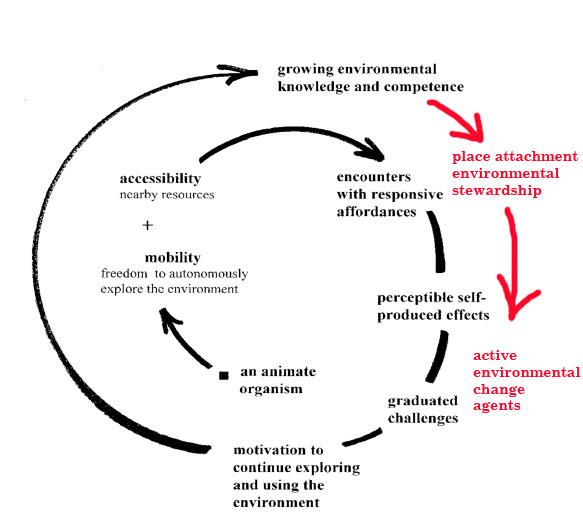Value-based education refers to the process of teaching and imparting values to students, in addition to the traditional subjects such as math, science, and language. These values include honesty, responsibility, respect, compassion, and integrity, among others. The importance of value-based education in schools cannot be overemphasized, as it has a lasting impact on the personal and professional development of students.
One of the primary benefits of value-based education is that it helps students develop strong moral character. In a world that is increasingly driven by materialism and self-interest, it is important for young people to have a strong moral foundation that guides their actions and decisions. By teaching students values such as honesty and integrity, schools can help them become responsible and trustworthy individuals who are able to contribute positively to society.
Another important benefit of value-based education is that it helps students develop critical thinking skills. By encouraging students to think about the values that underlie their actions and decisions, schools can help them become more analytical and reflective individuals. This is particularly important in today's world, where there is an abundance of information available and it is easy for students to become overwhelmed and make poor decisions. By teaching students to think critically about values, schools can help them become more discerning and capable of making informed choices.
Value-based education also promotes social and emotional learning, which is essential for students' overall development. By teaching students values such as empathy and compassion, schools can help them develop strong social skills and the ability to form positive relationships with others. This is especially important in a world where social media and other forms of technology have led to a decrease in face-to-face interaction. By fostering a sense of community and connection through value-based education, schools can help students develop the skills they need to thrive in an increasingly interconnected world.
In addition to its personal and social benefits, value-based education also has practical applications in the professional world. Employers are increasingly seeking individuals who possess strong moral character and are able to make ethical decisions. By teaching students values such as responsibility and integrity, schools can help them become desirable candidates in the job market.
In conclusion, the importance of value-based education in schools cannot be underestimated. By teaching students values such as honesty, responsibility, and compassion, schools can help them develop strong moral character, critical thinking skills, and social and emotional intelligence. These skills are essential for personal and professional success in today's world.









